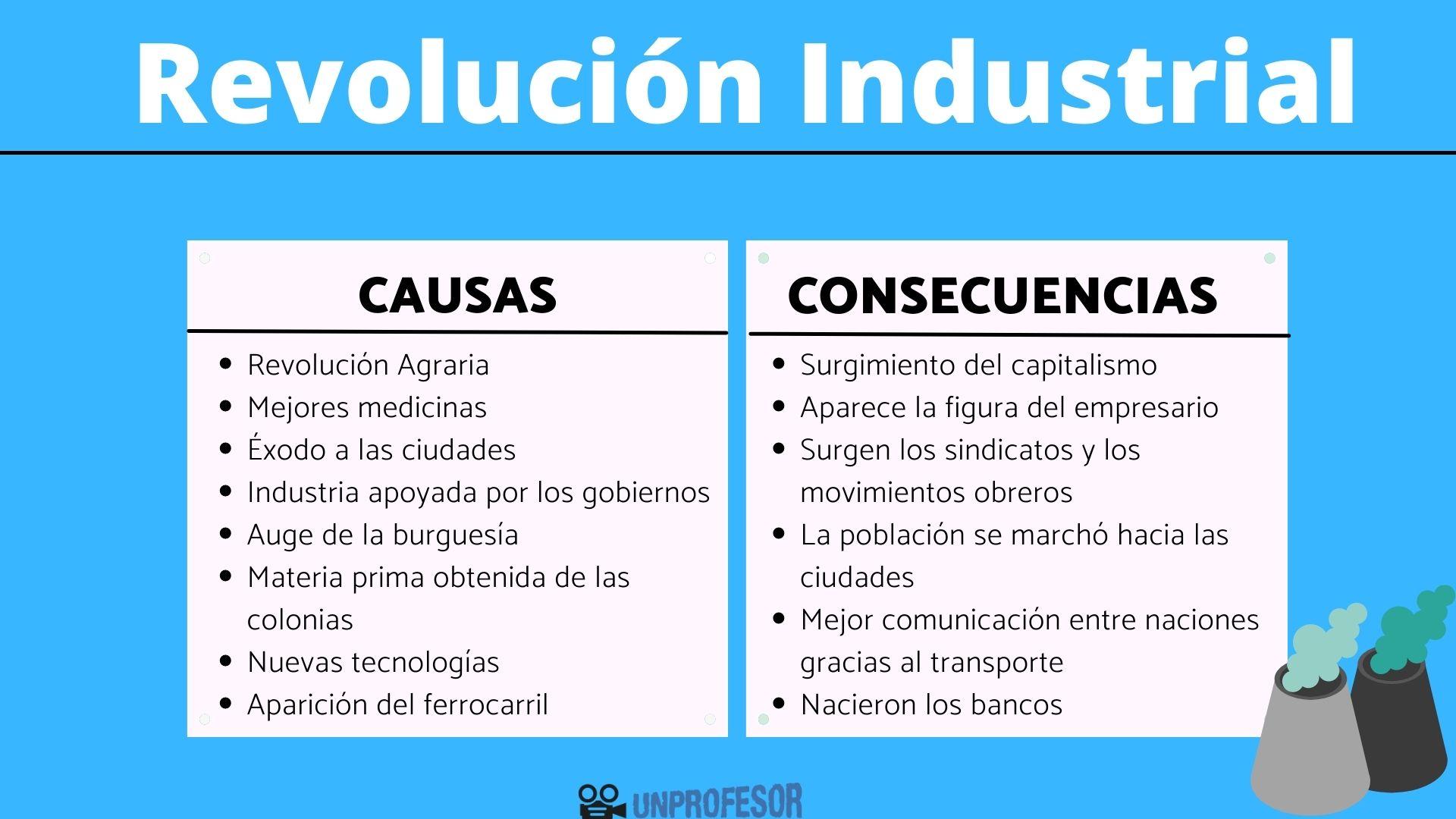Libraries Under Pressure: The Effects Of Reduced Government Support

Table of Contents
Reduced Staffing Levels and Impact on Services
The direct correlation between funding cuts and staffing reductions is stark. Libraries, already often operating with minimal budgets, are forced to make difficult choices when funding is slashed. This often translates to fewer librarians and support staff, leading to a ripple effect of negative consequences for patrons. The impacts of these staffing shortages are far-reaching:
- Fewer librarians to assist patrons: This means longer wait times, less personalized assistance, and reduced access to specialized research help.
- Reduced hours of operation: Many libraries are forced to reduce their opening hours, limiting access for those with busy schedules or limited transportation options.
- Limited programming and events for children and adults: Storytimes, workshops, and other community events are often the first casualties of budget cuts, impacting children's literacy development and adult learning opportunities.
- Less time for collection maintenance and organization: The lack of staff results in less efficient cataloging, shelving, and repair of materials, leading to a less organized and accessible collection.
- Increased wait times for services: Whether it's accessing computers, receiving help with research, or simply checking out books, patrons face significantly increased wait times due to understaffed libraries.
Deteriorating Infrastructure and Collection Maintenance
Budget cuts extend beyond staffing to impact the physical infrastructure and the library's collection. Deferred maintenance due to resource limitations leads to a decline in the overall condition of library buildings. This means:
- Deferred maintenance leading to building deterioration: Leaks, broken equipment, and other structural issues go unaddressed, creating unsafe and uncomfortable environments for patrons and staff.
- Inability to upgrade technology (computers, internet access): Outdated technology limits access to vital online resources, impacting students, job seekers, and the community as a whole. This exacerbates the existing digital divide.
- Reduced funds for acquiring new books and other materials: Libraries struggle to keep their collections current and relevant, hindering access to up-to-date information and diverse perspectives.
- Difficulty maintaining a diverse and up-to-date collection: Without sufficient funding, libraries are unable to purchase new materials, replace damaged items, or subscribe to essential databases and journals.
Decreased Community Engagement and Outreach
Libraries are more than just repositories of books; they are vital community hubs. Funding cuts severely hamper their ability to engage with and serve their communities effectively. The consequences are significant:
- Fewer outreach programs to underserved populations: Libraries often provide crucial services to vulnerable communities, such as ESL classes, job training programs, and digital literacy workshops. Funding cuts severely limit these efforts.
- Limited community events and workshops: Reduced funding means fewer opportunities for community members to connect, learn new skills, and participate in enriching activities.
- Reduced access to vital resources for job seekers and students: Libraries offer essential resources like computers, internet access, and job search assistance. These resources become less accessible with funding cuts, disproportionately impacting vulnerable populations.
- Weakened community connection and social support: Libraries are crucial spaces for social interaction and community building. Reduced services weaken this vital role, negatively impacting community cohesion.
The Long-Term Consequences of Underfunded Libraries
The long-term consequences of underfunded libraries extend far beyond the immediate impact on individual libraries. These consequences have broad societal implications:
- Reduced literacy rates and educational attainment: Libraries play a crucial role in promoting literacy and lifelong learning. Reduced access to library services directly impacts literacy rates and educational opportunities, particularly for children from disadvantaged backgrounds.
- Increased digital divide and inequality of access to information: Libraries are key to bridging the digital divide. However, funding cuts limit their ability to provide vital technology and digital literacy training, widening the gap between those with and without access to information.
- Negative impact on economic development and community growth: Libraries support economic development by providing access to resources for job seekers, entrepreneurs, and small businesses. Underfunding limits this vital role and hinders community growth.
- Erosion of civic engagement and community cohesion: Libraries foster civic engagement by providing access to information, facilitating community discussions, and offering spaces for public meetings. Reduced funding weakens their ability to support civic participation and community cohesion.
Saving Our Libraries: A Call to Action
The detrimental effects of reduced government support on libraries are undeniable. Libraries are not just buildings filled with books; they are vital community resources that provide education, access to information, and a sense of belonging. To alleviate the pressure on our libraries, we must act now. Contact your elected officials, advocate for increased library funding, and support local library fundraising efforts. Volunteer your time to assist with library programs or events. Let's work together to ensure our libraries aren't under pressure – let's fight for adequate funding and protect these essential community assets. The future of our communities depends on it.

Featured Posts
-
 Eksereynontas Ta Tampoy Aneksixniastoi Fonoi Kai Nea Endeikseis
May 19, 2025
Eksereynontas Ta Tampoy Aneksixniastoi Fonoi Kai Nea Endeikseis
May 19, 2025 -
 Norways World Cup Qualifying Campaign Begins With Haaland Inspired Win Over Moldova
May 19, 2025
Norways World Cup Qualifying Campaign Begins With Haaland Inspired Win Over Moldova
May 19, 2025 -
 La Opinion De Alfonso Arus Sobre Melody Y Eurovision 2025 En Arusero
May 19, 2025
La Opinion De Alfonso Arus Sobre Melody Y Eurovision 2025 En Arusero
May 19, 2025 -
 Sesion Del Cne Militarizada Consecuencias Y Reacciones A La Intervencion Militar
May 19, 2025
Sesion Del Cne Militarizada Consecuencias Y Reacciones A La Intervencion Militar
May 19, 2025 -
 A Spreadsheet Revolt How One Tech Billionaire Is Challenging Frances Policies
May 19, 2025
A Spreadsheet Revolt How One Tech Billionaire Is Challenging Frances Policies
May 19, 2025
